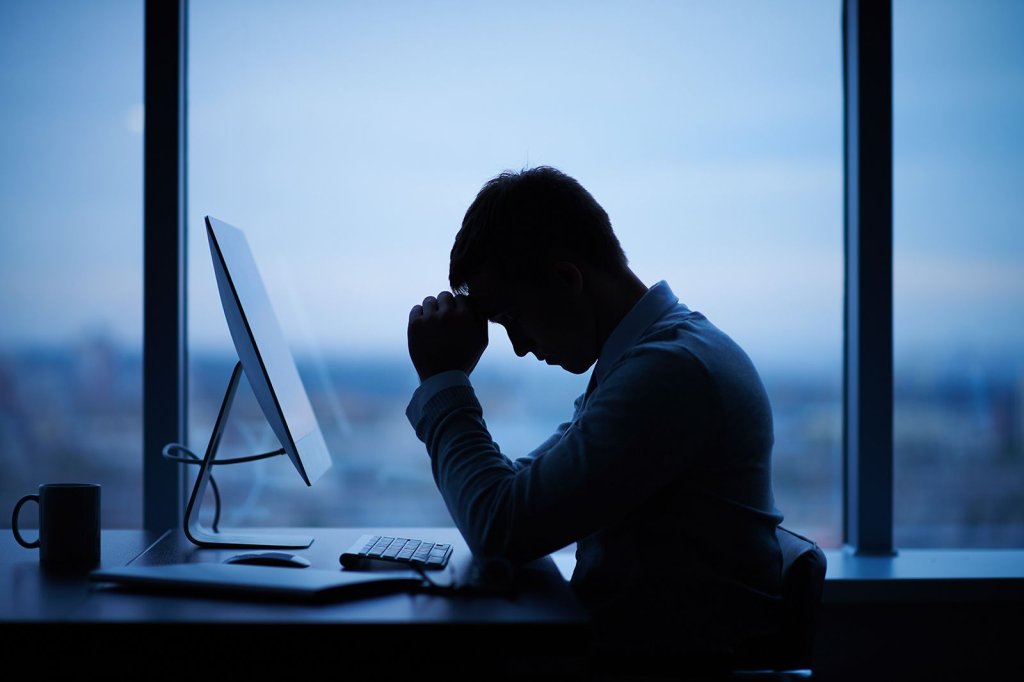Micro stress is a type of stress created by small but continuous and accumulative sources of stress of everyday life. This type of stress is usually caused by daily difficulties that are smaller and more commonly encountered compared to major life events or crises. These sources of stress can negatively affect a person’s quality of life and psychological well-being.

Micro-stresses can become more dangerous because they are often experienced without a person being aware of it. Each micro-stress may not have a big impact at the moment, but they accumulate over time and can increase a person’s overall stress level. Common examples of micro stresses may be:
Traffic Jam: It is a small but constant source of stress caused by getting stuck in traffic every day or spending time in traffic for a long time.
E-mail and Work Messages: Constantly checking e-mail or constantly replying to work messages can increase workplace stress.

Household Chores: Tasks such as household chores, cleaning, cooking and shopping in everyday life can cause micro-stresses that require time management and energy expenditure.
Social Media: Social media use can lead to micro-stresses between people due to factors such as social comparison and receiving or giving likes.Dec.
Time Management: A congested schedule or a large number of tasks that you need to train for can cause you to constantly race against time.

Microaggressions: Microaggressions can be minor, unconscious discrimination or provocative behavior based on gender, race, gender identity or other personal characteristics and create micro-stress in a person.
Micro-stresses can lead to health problems in the long run. Constantly increasing stress levels can contribute to problems such as anxiety, depression, sleep problems, and physical health problems. Therefore, it is important to develop awareness of micro-stresses and use stress management techniques.
To cope with micro-stresses, the following can be done:

Learning stress management techniques, especially deep breathing, meditation and relaxation exercises.
To improve time management skills and plan daily tasks more effectively.
Finding a healthier balance to social media and other sources of stress.
Setting personal boundaries and learning to say “no” when necessary.
Receiving psychotherapy or counseling to recognize and change negative thought patterns.

Micro-stresses are often neglected, but they can negatively affect your health in the long run. Therefore, it is important to pay attention to such sources of stress encountered in everyday life and develop coping strategies.
source: https://ginlalli.com/micro-stress-our-mental-health/
0 Comments